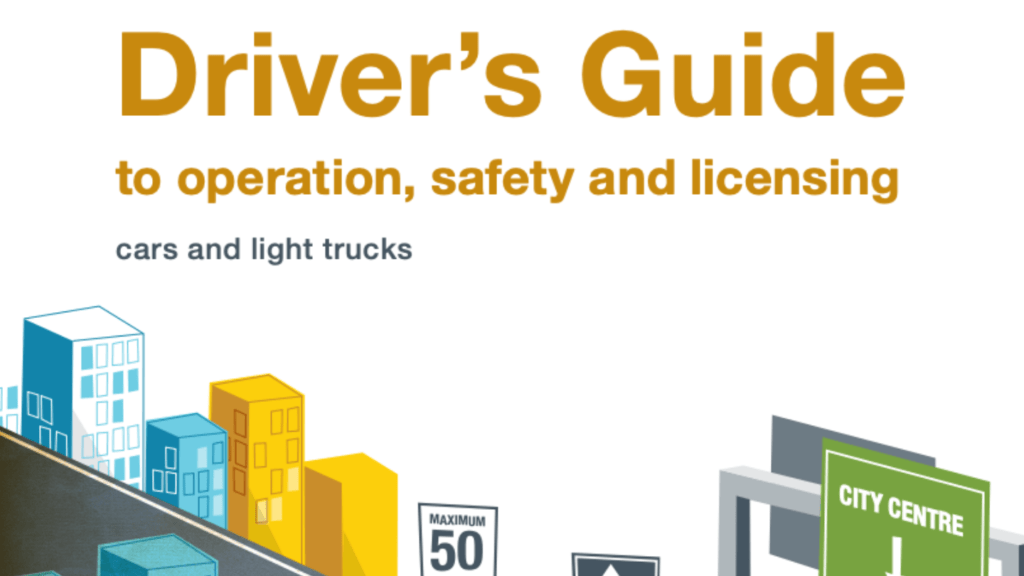Nova Scotia Class 5 Driving Test
Part 1
A Class 5 license in Nova Scotia, Canada, is a type of driver’s license that allows the holder to operate a passenger vehicle, such as a car, under normal road conditions. To obtain a Class 5 license in Nova Scotia, an individual must pass a written knowledge test, a vision test, and a practical driving test. They must also fulfill other requirements, such as minimum age, residency, and liability insurance. Additionally, holders of a Class 5 license in Nova Scotia may be subject to certain restrictions and conditions, such as a curfew, a limit on the number of passengers they can carry, and a ban on using handheld electronic devices while driving.
Driver's Handbook
A Class 5 license in Nova Scotia, Canada, is a type of driver’s license that allows the holder to operate a passenger vehicle, such as a car, under normal road conditions. To obtain a Class 5 license in Nova Scotia, an individual must pass a written knowledge test, a vision test, and a practical driving test. They must also fulfill other requirements, such as minimum age, residency, and liability insurance. Additionally, holders of a Class 5 license in Nova Scotia may be subject to certain restrictions and conditions, such as a curfew, a limit on the number of passengers they can carry, and a ban on using handheld electronic devices while driving.

Watch our Videos
A Class 5 license in Nova Scotia, Canada, is a type of driver’s license that allows the holder to operate a passenger vehicle, such as a car, under normal road conditions. To obtain a Class 5 license in Nova Scotia, an individual must pass a written knowledge test, a vision test, and a practical driving test. They must also fulfill other requirements, such as minimum age, residency, and liability insurance. Additionally, holders of a Class 5 license in Nova Scotia may be subject to certain restrictions and conditions, such as a curfew, a limit on the number of passengers they can carry, and a ban on using handheld electronic devices while driving.
